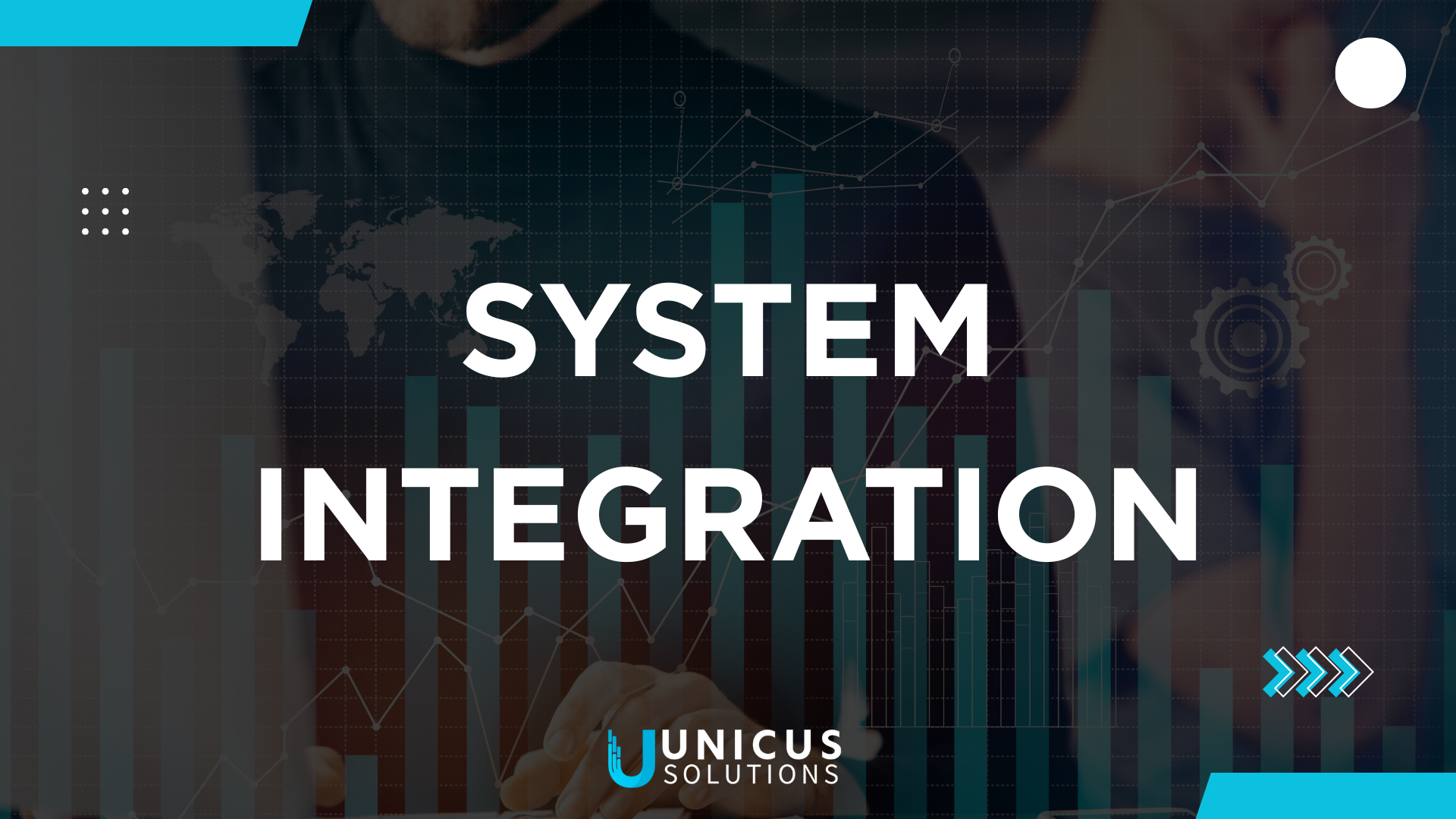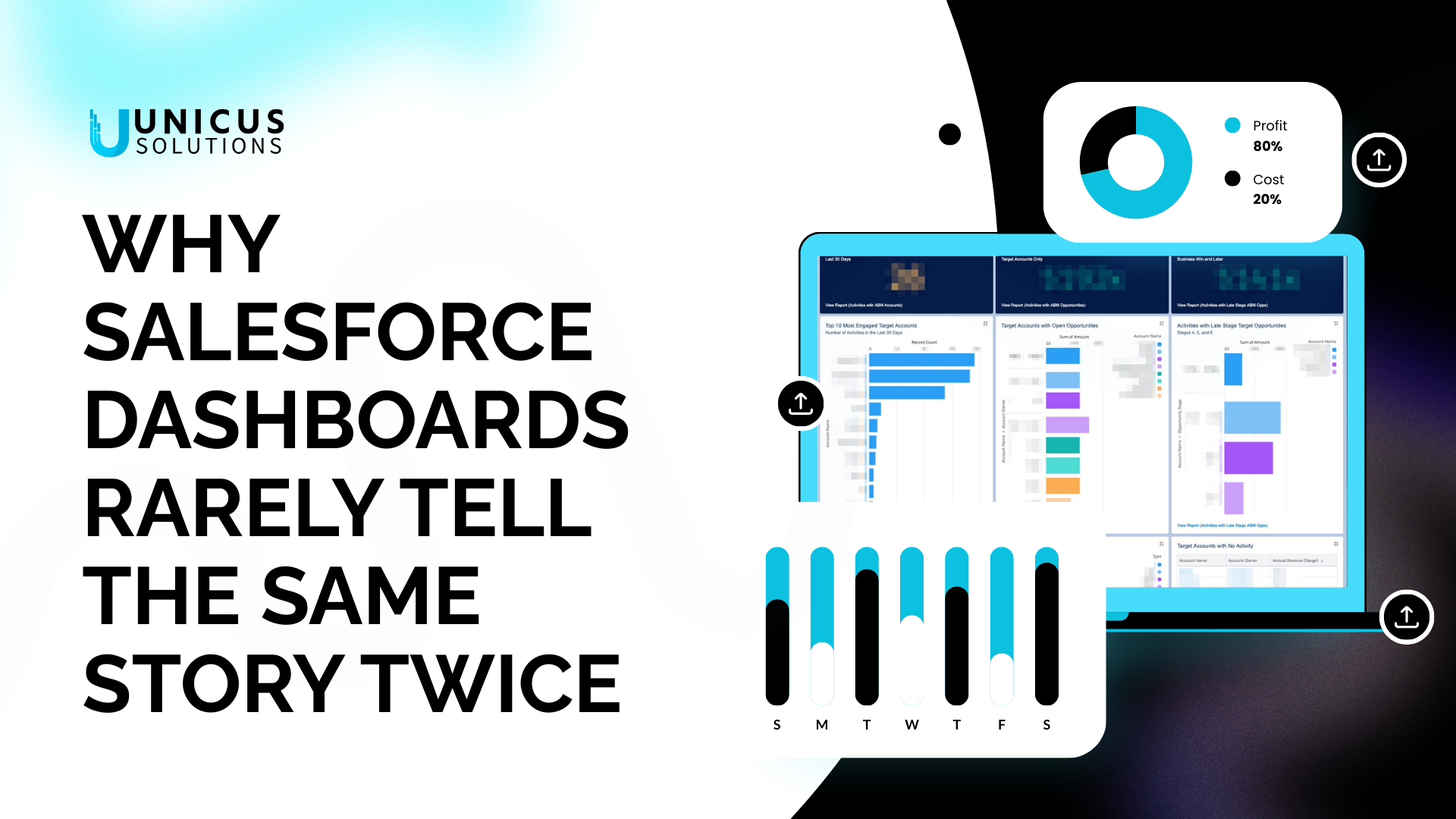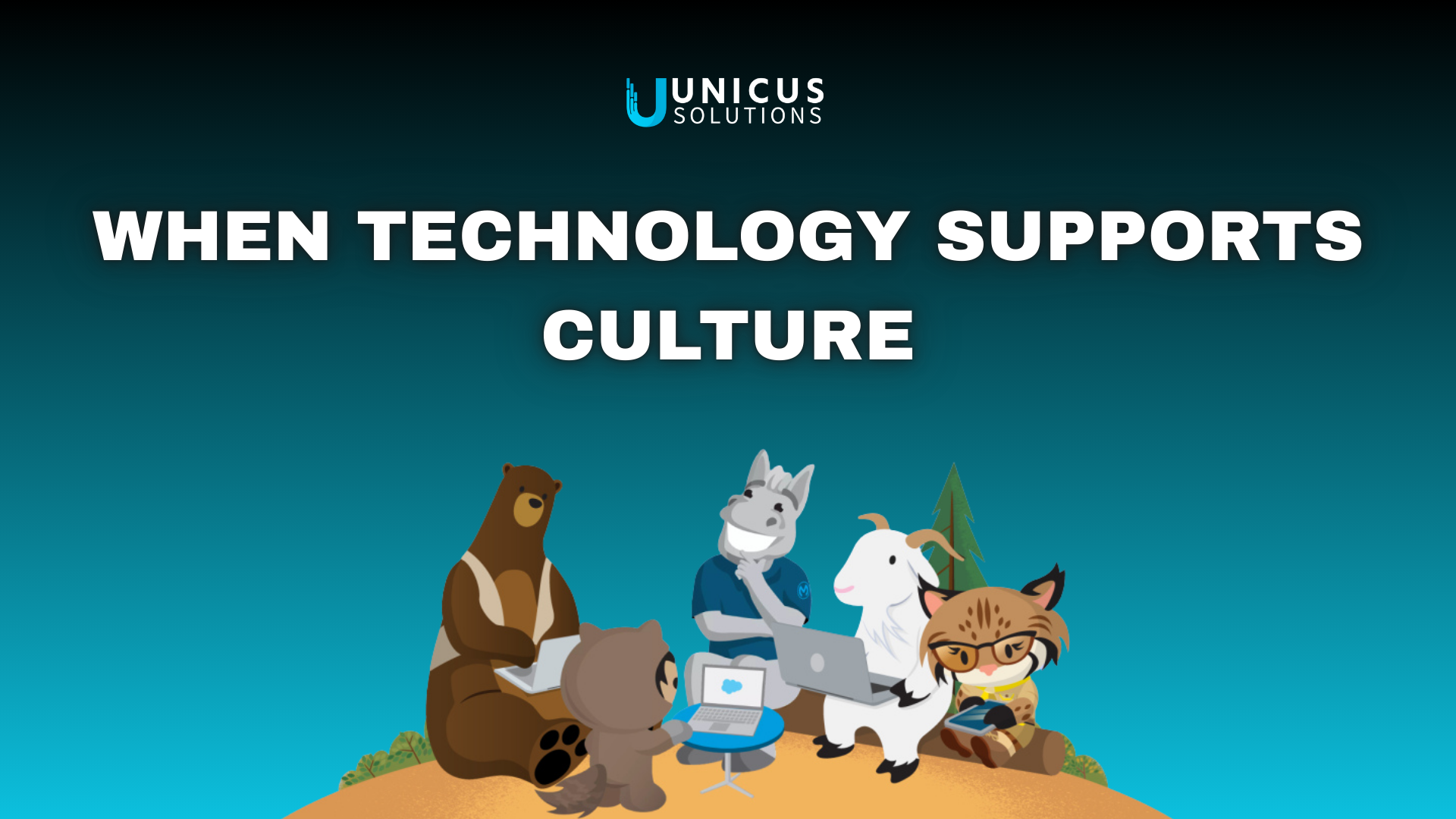Modern businesses rely on technology for everything—from customer engagement and financial tracking to operations and HR. Yet, many still struggle with fragmented systems that don’t communicate effectively. The result? Lost time, duplicated data, and missed opportunities.
System integration is no longer a technical preference—it’s a business necessity. When your CRM, finance, HR, and marketing platforms work together seamlessly, your organisation gains clarity, agility, and momentum. At Unicus Software, we believe integration isn’t just about connecting tools—it’s about building synergy that accelerates growth.
1. A Single Source of Truth
Every business decision relies on accurate, accessible data. But when information lives in multiple systems—spreadsheets, accounting software, email threads—teams often operate on conflicting versions of reality.
With Unicus CRM, all critical business data converges into one unified view. Sales, marketing, finance, and operations teams access the same up-to-date information, enabling faster, better-aligned decisions.
For example, when a sales deal closes, finance can immediately view billing details, while operations can begin fulfilment—all from within the same ecosystem. This eliminates silos, improves transparency, and ensures every department is working from the same playbook.
2. Faster Collaboration, Fewer Errors
Disconnected systems slow everything down. Employees spend hours switching between tools, re-entering data, and reconciling inconsistencies. Integration solves this by connecting workflows end-to-end—automating what used to require manual coordination.
Through Unicus integrations, a task created in CRM can trigger a workflow in project management, a corresponding invoice in finance, and an update in analytics—all automatically. Communication becomes seamless, and accuracy improves dramatically.
This reduces friction across departments and frees teams to focus on delivering value instead of chasing data. It’s collaboration made simple—and efficient.
3. Real-Time Visibility Across the Organisation
In a fast-paced market, decision-makers can’t afford to wait for weekly reports or manual updates. They need insights as they happen. Integrated systems deliver exactly that.
With Unicus’ real-time dashboards, leaders can monitor performance across departments in one glance—sales trends, revenue forecasts, support ticket volumes, or marketing ROI. Integration turns data into visibility, and visibility into control.
By seeing the complete picture, management can identify inefficiencies, address emerging issues, and capitalise on new opportunities—instantly.
4. Scalability Without Complexity
Growth often introduces new systems, partners, and tools. Without integration, this expansion can quickly become chaotic. Integrated platforms like Unicus simplify scale by connecting each new component into your existing digital framework.
As your business grows, Unicus grows with you—whether you’re adding new regions, service lines, or technologies. Its flexible architecture supports both small-business agility and enterprise-level demands.
You gain the confidence to scale operations, knowing that your data, workflows, and insights remain connected, consistent, and reliable.
5. Strengthened Customer Experience
When internal systems are aligned, the customer feels it. Faster response times, consistent communication, and more personalised service all become possible through integration.
For instance, when customer support accesses CRM history, they instantly understand the client’s journey—previous interactions, invoices, and open projects—without switching systems. This results in quicker resolutions and stronger relationships.
Integration ensures your business isn’t just efficient behind the scenes—it’s exceptional in every customer interaction.
6. Security and Compliance Made Simpler
Data protection is at the heart of every modern business. However, fragmented systems increase the risk of breaches, duplicate data storage, and compliance issues.
By integrating platforms within Unicus, your organisation gains a centralised, secure environment where permissions, access controls, and audit trails are easier to manage. This unified structure reduces human error and strengthens compliance with frameworks such as GDPR, POPIA, and ISO 27001.
Conclusion
System integration is the foundation of a connected, intelligent business. It’s what transforms multiple tools into one cohesive ecosystem—where data flows freely, teams collaborate effortlessly, and leaders make informed decisions.
With Unicus, integration isn’t complex—it’s built in. Whether you’re uniting sales and marketing systems, connecting finance to CRM, or aligning operations across regions, Unicus provides the structure that modern businesses need to grow confidently.
The future belongs to connected companies. With the right integrations in place, your business doesn’t just work better—it works together.



